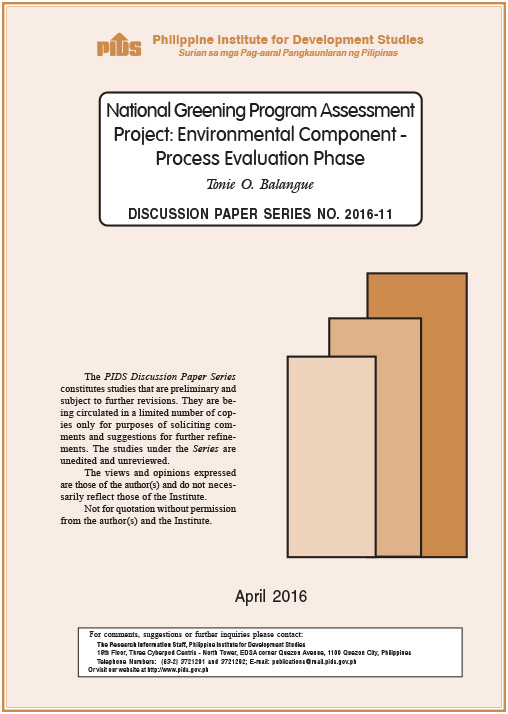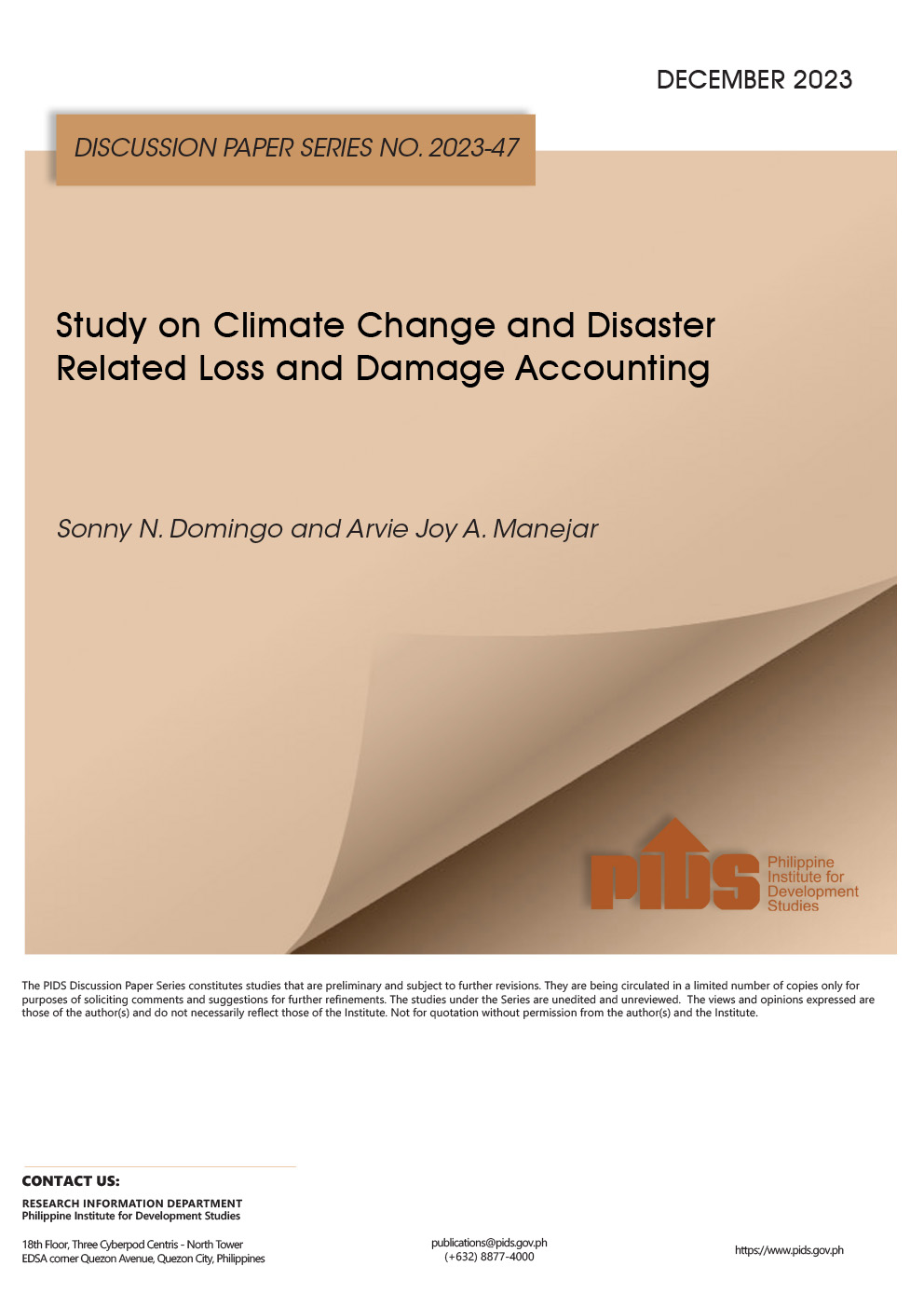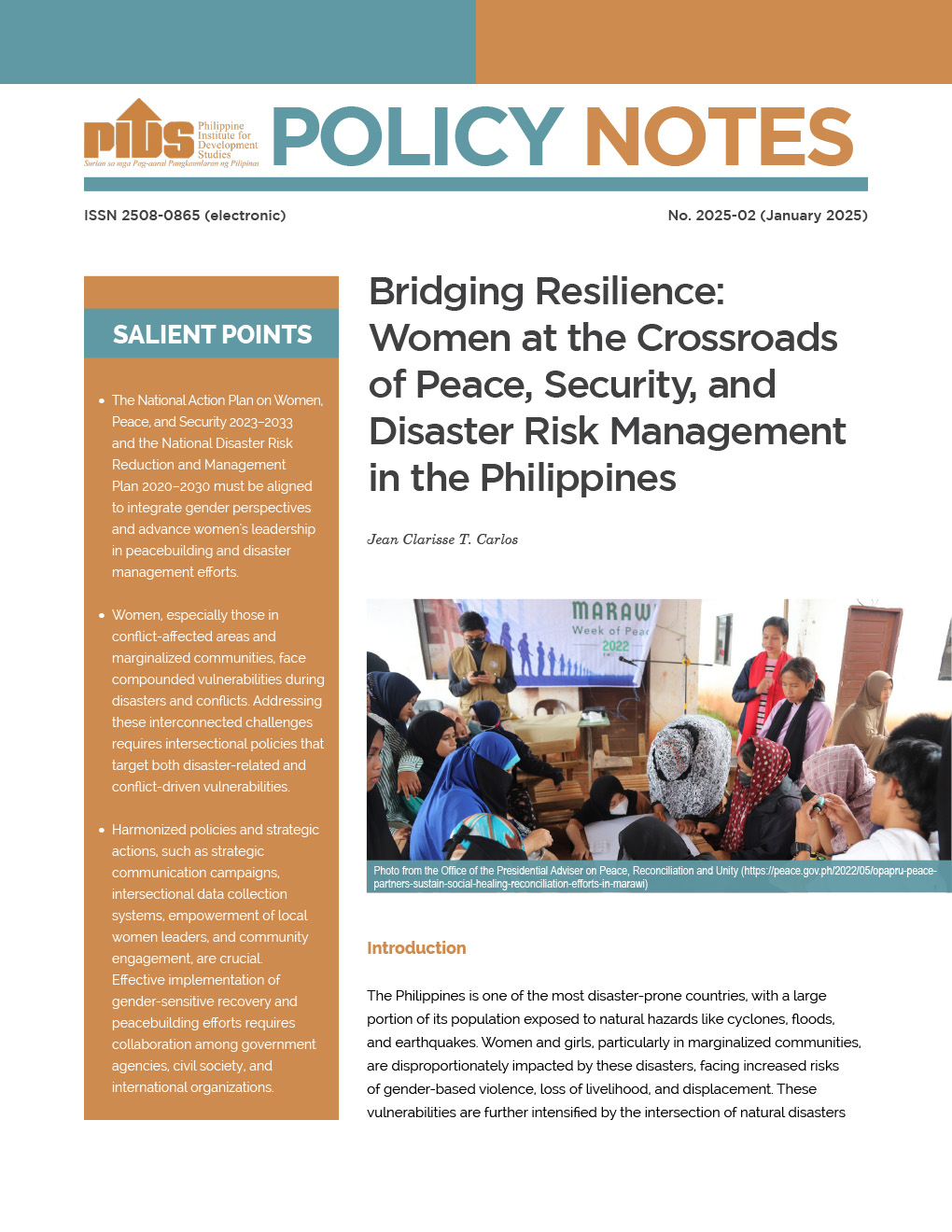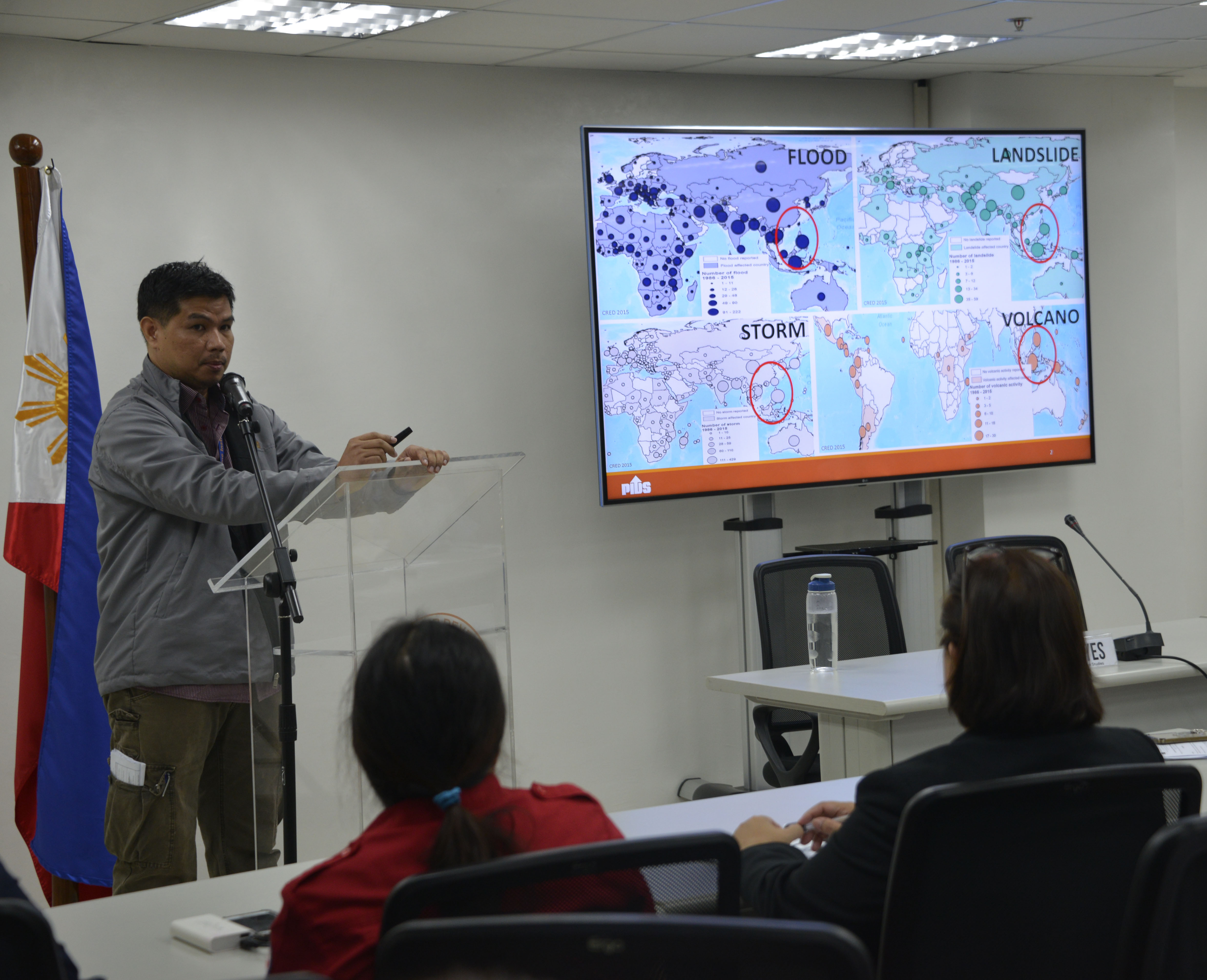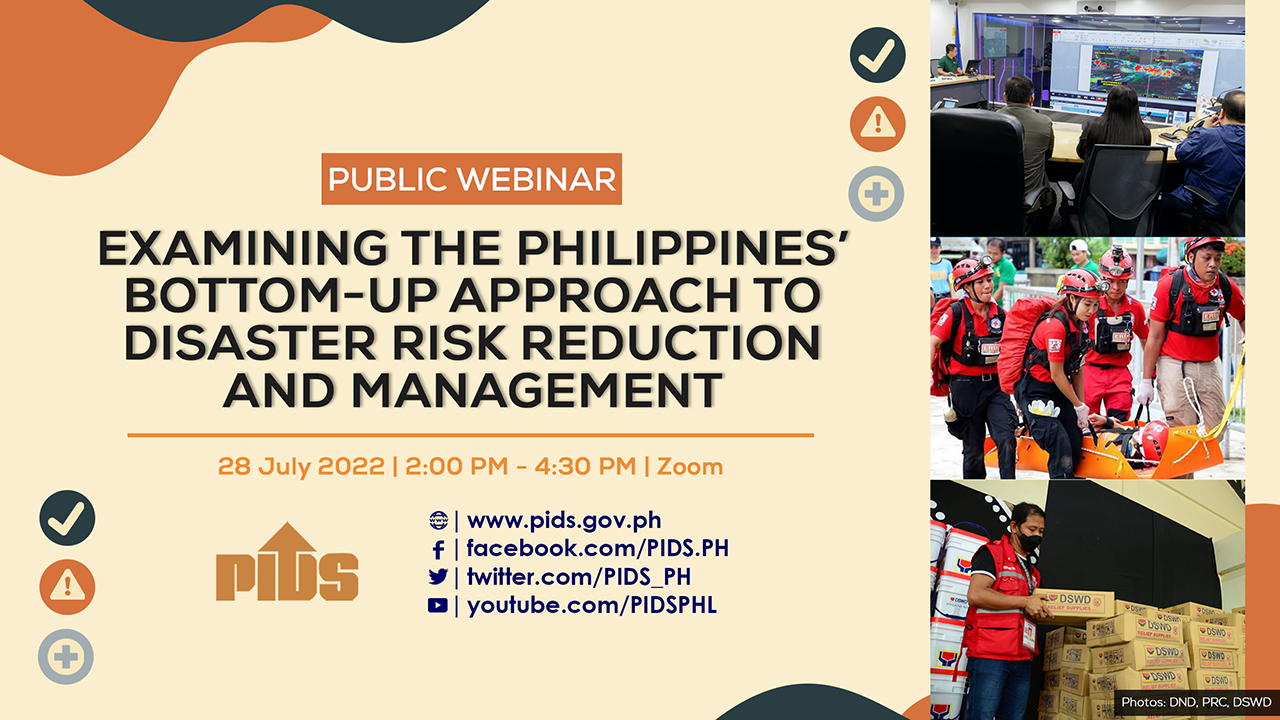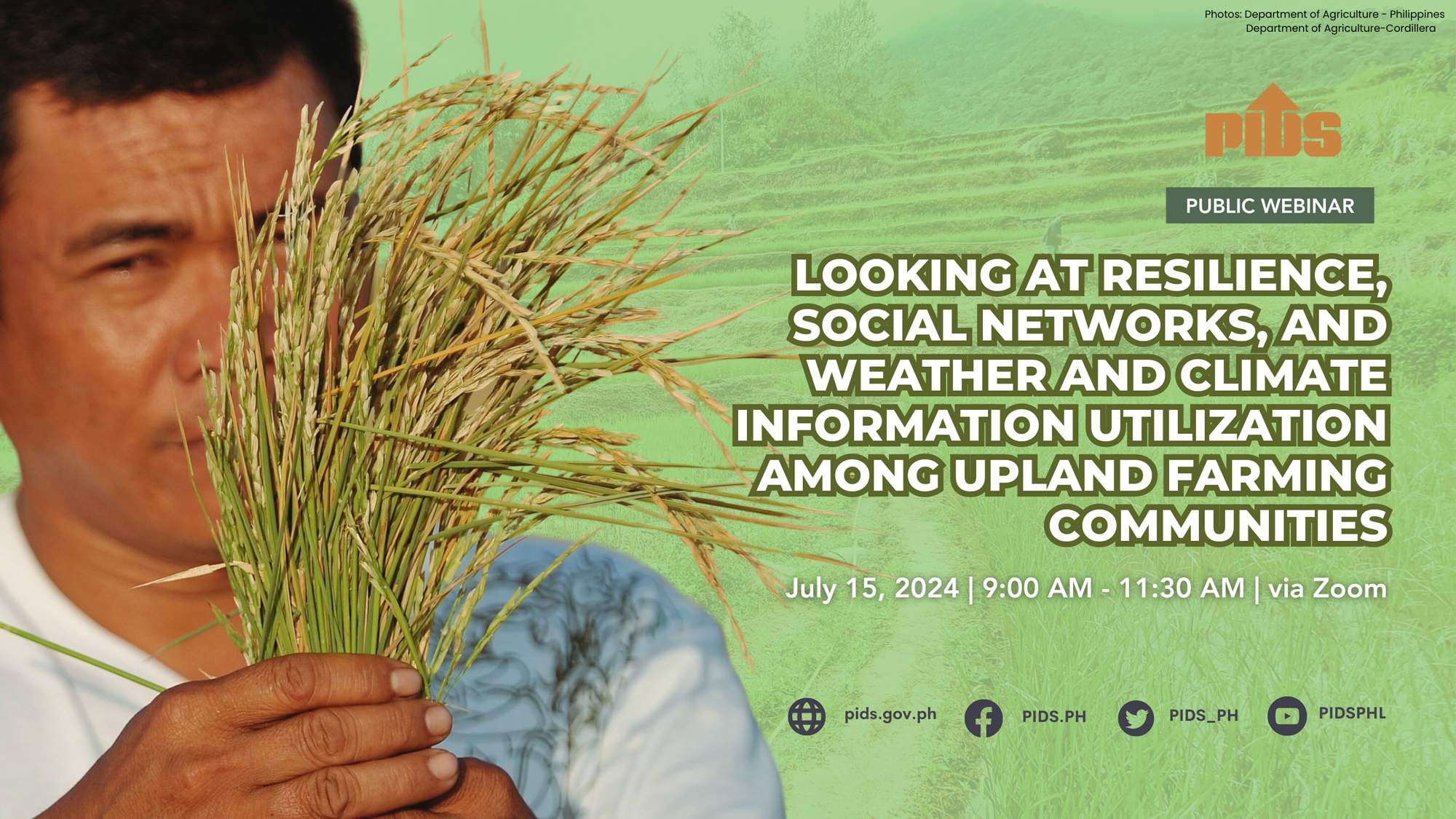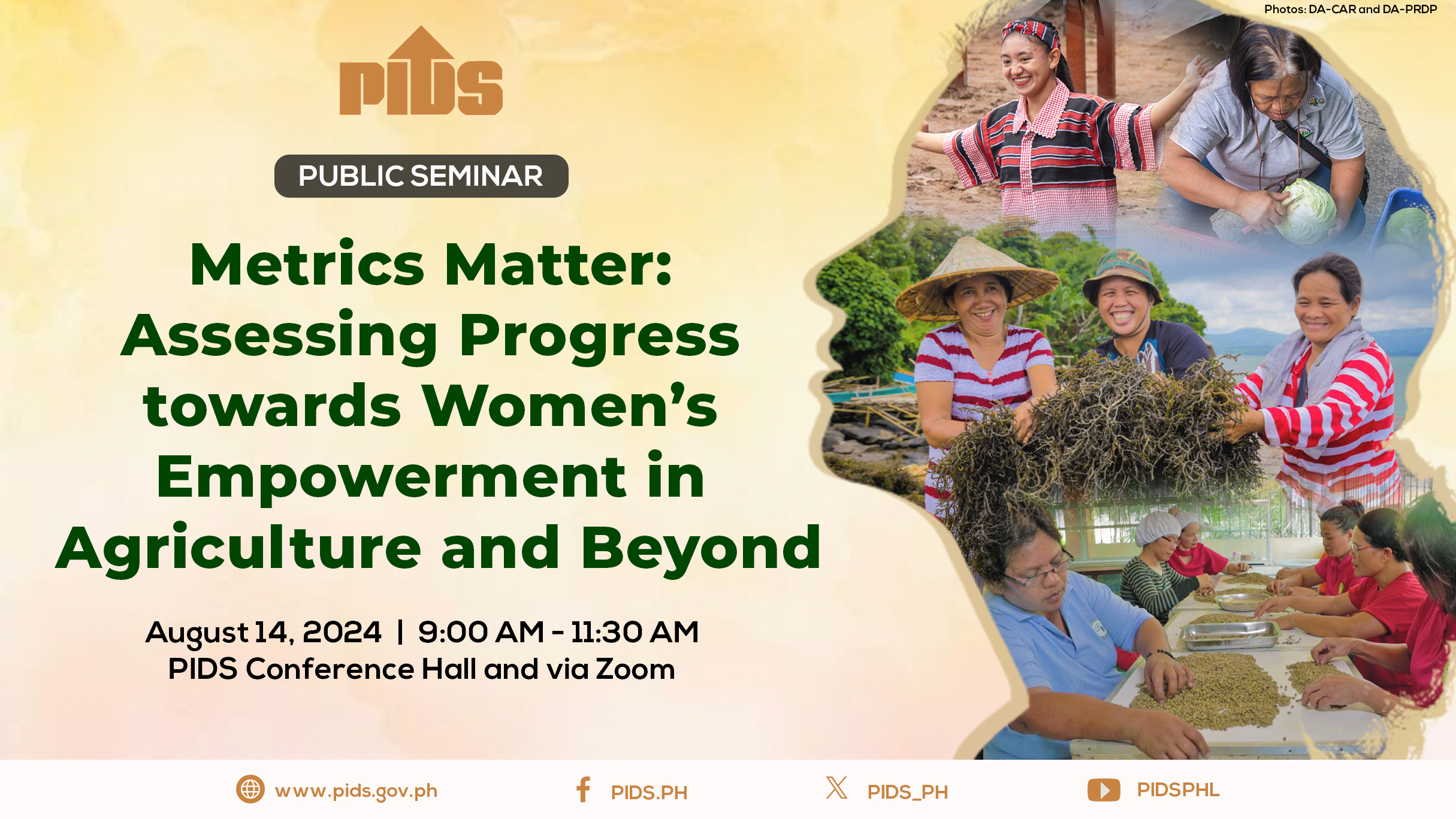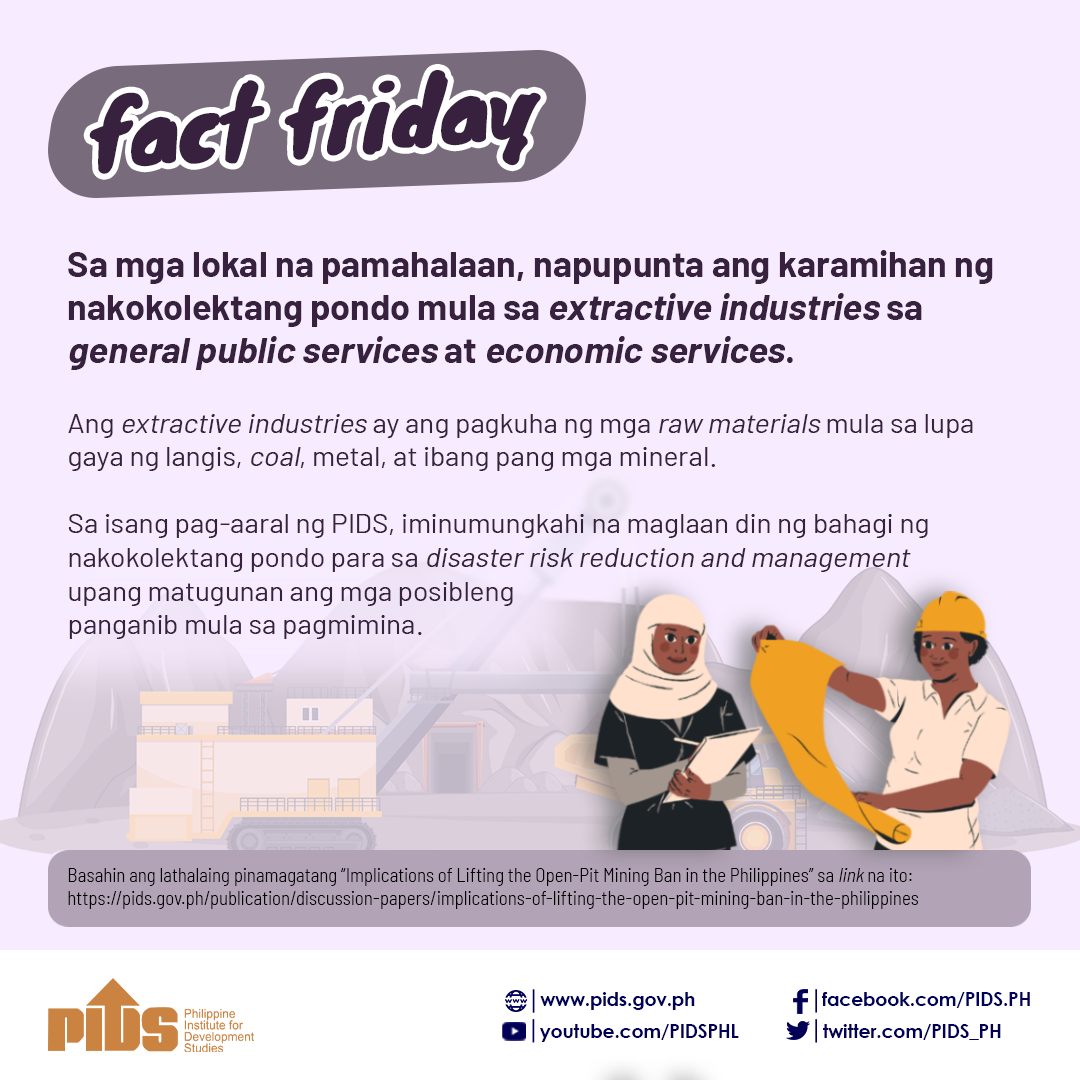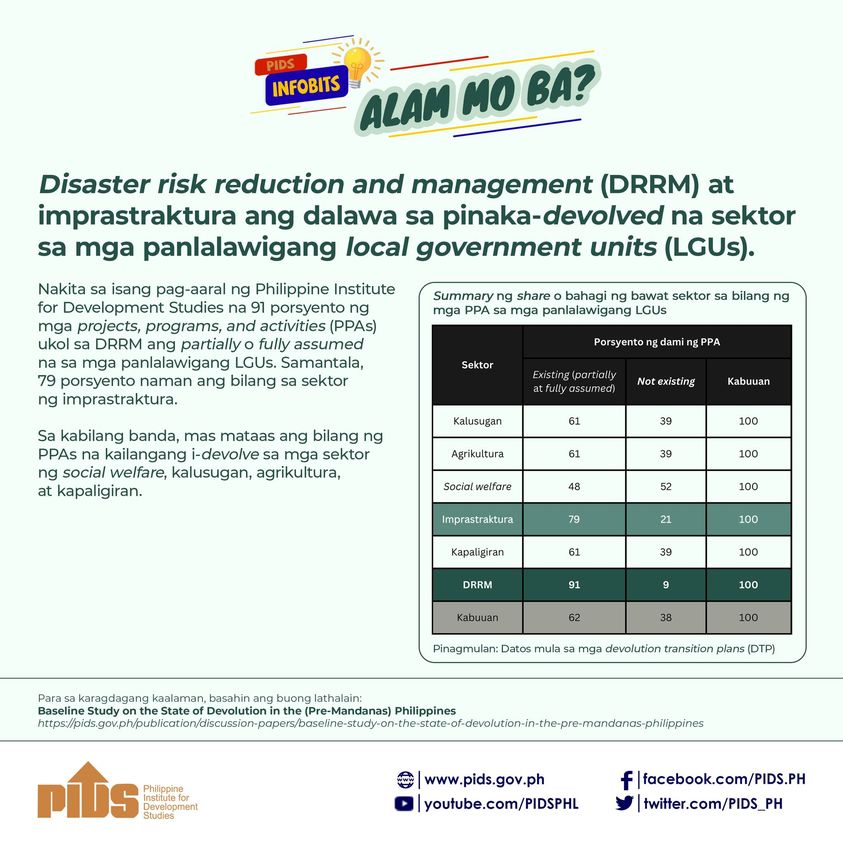IN a few weeks the House of Representatives will start scrutinizing the proposed budget of various departments for 2018. One of the agencies expected to see a huge jump in its allocation is the Department of Agriculture (DA). According to Agriculture Secretary Emmanuel F. Piñol, President Duterte himself has promised that the agriculture department would be given a budget of at least P200 billion for next year. This amount is significantly higher than the P45 billion the DA received this year.
The national government usually allots huge resources just to grow rice, given the crop’s importance to the diet of Filipinos. Rice, a water-loving crop, is the staple food of Filipinos. Because of this, the budget for irrigation in recent years has averaged P20 billion. Also, Philippine Institute for Development Studies research fellow Roehlano Briones noted the government’s resources were largely focused on rice. Briones said government spending for rice reached P37.44 billion, more than half of the P62.64 billion spent for agriculture-related programs and projects in 2012.
In contrast, spending for other crops, like corn, amounted to only P951 million in 2012; high-value crops, P1.63 billion; coconut, P2.08 billion; livestock, P2.72 billion; and P3.3 billion for fisheries. Government support for the production of high-value crops was less than P2 billion. This is lamentable considering the potential of high-value crops, such as cacao, to increase the country’s export receipts.
This is not to say that the rice sector does not deserve the attention being heaped upon it by the government. The DA made the right call in seeking a fivefold increase in its budget this year, given the impending expiration on June 30 of Manila’s waiver for the special treatment on rice. The World Trade Organization (WTO) had allowed the Philippines to enjoy this privilege for two years, or until this year, and Manila has indicated it will no longer shoot for another extension. The impending removal of this protection requires the government to prepare rice farmers for increased competition, and the DA would need huge resources to do this
But the DA should also not lose sight of the need to make other subsectors competitive. Experts have been pushing for the propagation of other crops and boosting the production of other agriculture subsectors so farmers could earn more. While the focus on rice is warranted, given the impending expiration of the WTO waiver, the national government should make sure that other subsectors are not neglected.
Congress could help the government, particularly the DA, set its spending priorities once it reviews the proposed budgets of various agencies. A huge budget would allow the DA not just to prepare the rice sector, but also jump-start other agri-based industries. After all, the Philippine agriculture sector is so much more than rice, and farmers could grow other dollar-earning crops if only they are given the proper support.
The national government usually allots huge resources just to grow rice, given the crop’s importance to the diet of Filipinos. Rice, a water-loving crop, is the staple food of Filipinos. Because of this, the budget for irrigation in recent years has averaged P20 billion. Also, Philippine Institute for Development Studies research fellow Roehlano Briones noted the government’s resources were largely focused on rice. Briones said government spending for rice reached P37.44 billion, more than half of the P62.64 billion spent for agriculture-related programs and projects in 2012.
In contrast, spending for other crops, like corn, amounted to only P951 million in 2012; high-value crops, P1.63 billion; coconut, P2.08 billion; livestock, P2.72 billion; and P3.3 billion for fisheries. Government support for the production of high-value crops was less than P2 billion. This is lamentable considering the potential of high-value crops, such as cacao, to increase the country’s export receipts.
This is not to say that the rice sector does not deserve the attention being heaped upon it by the government. The DA made the right call in seeking a fivefold increase in its budget this year, given the impending expiration on June 30 of Manila’s waiver for the special treatment on rice. The World Trade Organization (WTO) had allowed the Philippines to enjoy this privilege for two years, or until this year, and Manila has indicated it will no longer shoot for another extension. The impending removal of this protection requires the government to prepare rice farmers for increased competition, and the DA would need huge resources to do this
But the DA should also not lose sight of the need to make other subsectors competitive. Experts have been pushing for the propagation of other crops and boosting the production of other agriculture subsectors so farmers could earn more. While the focus on rice is warranted, given the impending expiration of the WTO waiver, the national government should make sure that other subsectors are not neglected.
Congress could help the government, particularly the DA, set its spending priorities once it reviews the proposed budgets of various agencies. A huge budget would allow the DA not just to prepare the rice sector, but also jump-start other agri-based industries. After all, the Philippine agriculture sector is so much more than rice, and farmers could grow other dollar-earning crops if only they are given the proper support.

